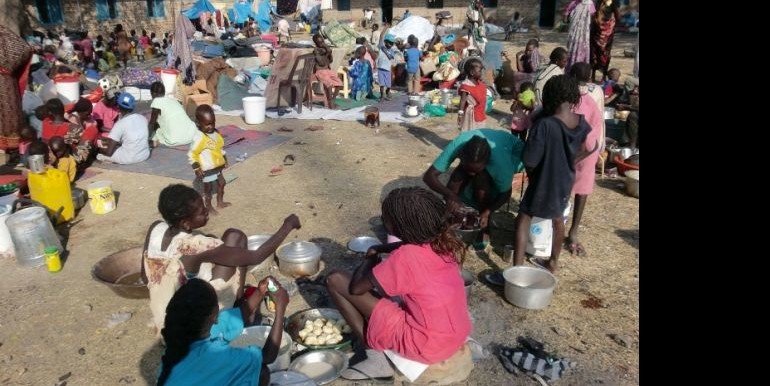The inclusion of displaced persons in the implementation of South Sudan’s peace agreement is key to success at a time of unprecedented opportunity to find lasting solutions, United Nations High Commissioner for Refugees’ (UNHCR) representative to South Sudan, Arafat Jamal, said last week.
Jamal while addressing a virtual webinar facilitated by the Intergovernmental Authority on Development (IGAD), UNHCR, and the GP20 on the inclusion of refugees, internally displaced persons, and returnees in the implementation of the Revitalized Agreement on the resolution of the conflict in the Republic of South Sudan (R-ARCSS), called for an inclusive path of healing, reconstruction and revival.
“For peace to endure, the voices and the will of those uprooted and affected by conflict must be heard and included. Around the world, refugees and IDPs say, ‘nothing about us, without us,” Jamal said.
The IGAD Special Envoy for South Sudan, Ambassador Ismail Wais, called for all-inclusive peacebuilding, noting that broad participation is integral to ensure a strong protection environment and durable solutions for those displaced. “The priorities for the reconstruction of South Sudan will be determined by displaced communities through their own lived experiences.”
Delivering a presentation virtually from Adjumani in Uganda, Maia Keven Juliet, a refugee from South Sudan, urged leaders “Not to give up. Peace is a process,” and called for widespread awareness of the peace process among displaced communities.
Speaking on behalf of the internally displaced community in Bentiu, Gok Diang Chuong called for more opportunities for displaced persons to participate in decision making, including in the formation of the transitional government, restoration of housing, land and property rights, as well as the establishment of a commission for truth, justice, reconciliation, and healing.
Speakers from the United Nations, the government of South Sudan, and civil society referenced the pledges made at the Global Refugee Forum in 2019, as well as the desire to support solutions in a dignified and suitable way. This includes the creation of conditions on the ground to support return, while also ensuring the centrality of human rights in all phases of displacement, allowing affected persons to decide on solutions that are best for them.
The National Dialogue held in Juba in October provided a platform for over 40 displaced persons to be heard concluded with a call for the development of a framework to increase the meaningful participation of conflict-affected communities. This includes the establishment of a national taskforce and platform dedicated to ensuring displaced communities participate in peacebuilding and reconciliation at the state, regional, and national level, along with the prioritization of legislation to address protection concerns.
With nearly 2.2 million South Sudanese refugees hosted in neighboring countries, another 1.6 million internally displaced and some 345,000 refugees spontaneously returned to South Sudan, their voices at all stages, including in consultative and dialogue processes that are shaping the path to peace, remains vital.




